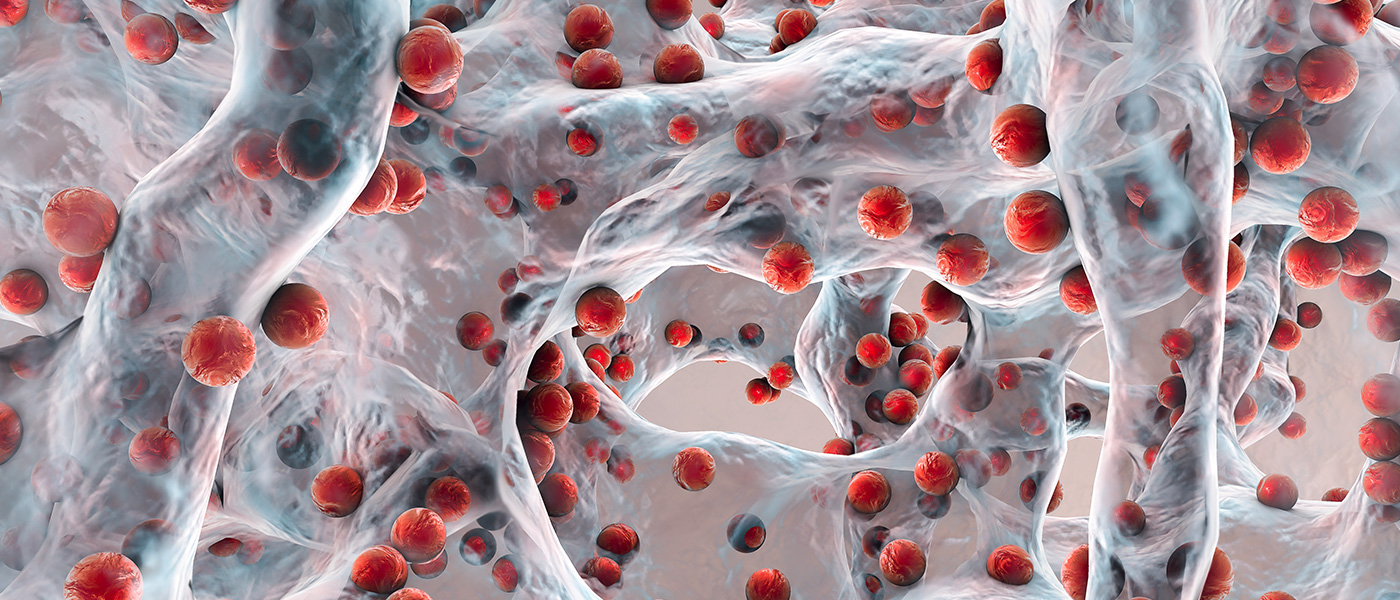Staphylococcus aureus
Staphylococcus aureus is a commensal bacterium of the skin and mucosa.
S. aureus can cause a wide variety of disease including skin and soft-tissue infections, pneumonia, and deep-seated infections that cause major morbidity and mortality worldwide.

While many drugs with excellent in-vitro activities and limited resistance problems are available against S. aureus, these drugs have limited efficacy against invasive infections for unknown reasons.
S. aureus has become a major threat to human health and is classified as a high priority pathogen by the World Health Organization (WHO).
NCCR AntiResist aims to unravel mechanisms that enable S. aureus tolerance to antibiotics, and to develop patient-mimicking in-vitro models that enable discovery of novel, more effective eradication strategies. We focus on deep-seated infections and pneumonia.
Leadership of S. aureus research
Prof. Dirk Bumann
Prof. Dirk Bumann
Deputy Director
Principal Investigator
Research Page »
Prof. Dr. med. Nina Khanna
Prof. Dr. med. Nina Khanna
Deputy Director
Principal Investigator
Ethics Officer
Research Page »







